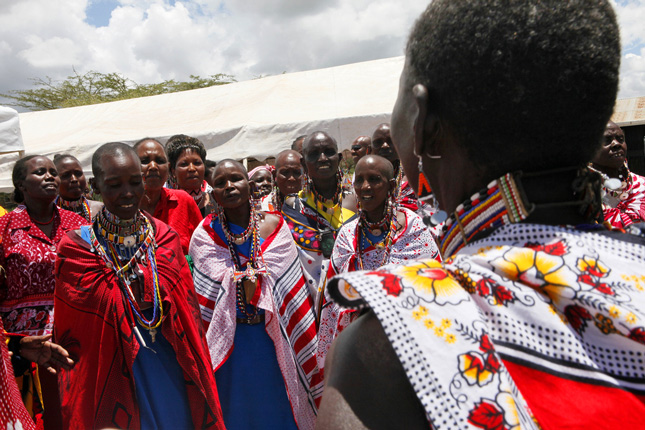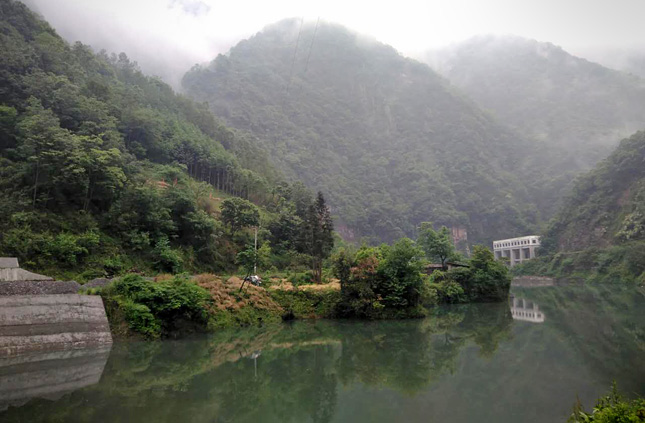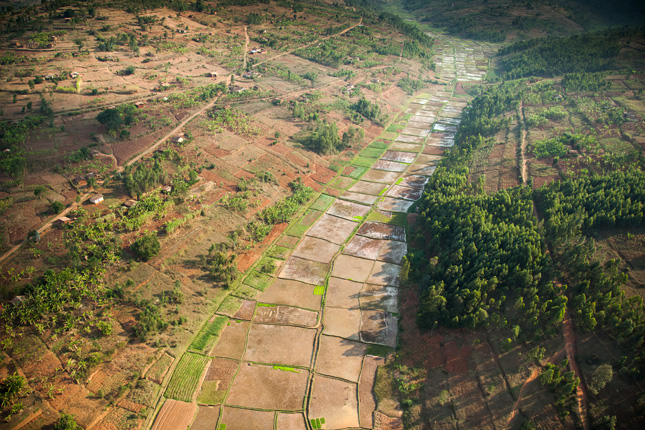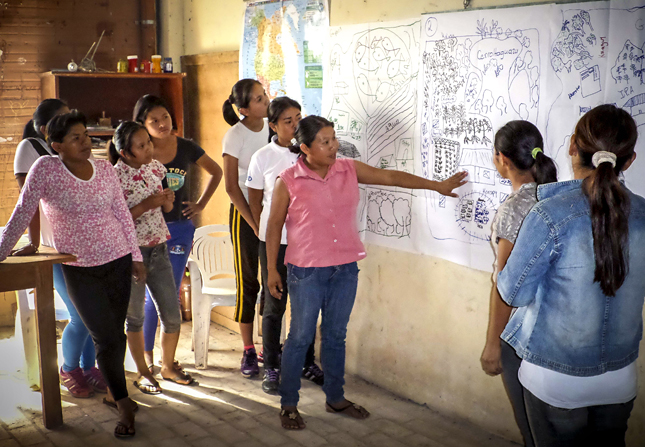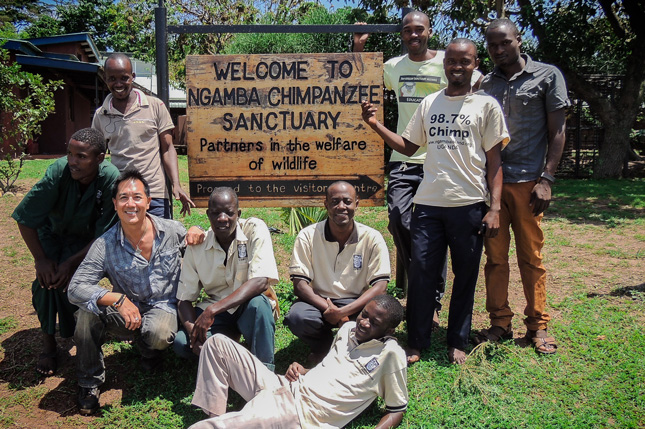-
Planet at the Crossroads: Insights From IUCN’s World Conservation Congress
›
At this year’s International Union for Conservation of Nature (IUCN) World Conservation Congress, more than 10,000 scientists, activists, and leaders from around the world committed to finding “nature-based solutions” to reversing environmental declines and securing a healthy, livable planet.
-
Land Privatizations, Not Just Climate Change, Are Costing Rural Kenyans
›
Eddah Senetoi lives with her son in the small pastoralist community of Elangata Waus. They keep cows, goats, sheep, and donkeys to buy food and pay school fees. For her and other pastoralists living in southern Kenya’s Kajiado County, climate change is compounding challenges from land subdivision and privatization, and magnifying social tensions and community conflicts over access to resources.
-
Student Activists Push Back Against Rising Tide of Municipal Waste in Rural China
›
Nestled in the mountains of western Sichuan Province sits the town of Piankou. Surrounded by three nature reserves that contain several hundred giant pandas, the landscape is undeniably beautiful. Rivers crash their way through rocky valleys framed by bamboo covered hills. But the scene was not always so tranquil.
-
Pathways to Climate-Smart Agriculture in Africa
›
“Climate change and food insecurity are the twin crises that may define Africa’s future,” said the World Bank’s Ademola Braimoh at the Wilson Center on September 13. One proposed solution is so-called “climate-smart agriculture” (CSA), an approach to farming that aims to mitigate the negative impacts of climate change while increasing agricultural production and income. But according to a panel of experts, smallholder farmers around the world have either been slow to adopt CSA practices or failed to sustain their usage over time.
-
Roger-Mark De Souza & Sono Aibe, Inter Press Service
Making the Goals: Why Sustainable Development Must Be Integrated Development
›October 6, 2016 // By Wilson Center Staff
By recognizing how closely connected the different aspects of sustainable development are, the Sustainable Development Goals (SDGs) create an important opportunity – and challenge – for a more coordinated approach to implementing development policies.
-
Building a Case for Integrated Development: A New Research Agenda and Examples From the Field
›
With the Sustainable Development Goals nearing their one-year anniversary, the global community continues to strive toward eradicating poverty by 2030. In order to achieve this ambitious target, many international development practitioners are embracing a more holistic approach to development, combining traditionally single-sector programming, like health or environment work, into more comprehensive efforts. But such integrated development is sometimes easier said than done.
-
A New Kind of Conservation: Making the Connection Between Community and Nature
›
An increasing number of conservation and health activists are beginning to understand the value of an integrated approach to development. Without addressing the needs of people, conservation measures will not be very effective, and conversely, without conservation, people lose vital natural resources and suffer consequences to their health.
-
The Women of Sarawak and Mindoro on the “Invisible Battles” of Climate Change
›Although separated by a thousand miles, the women of the Malaysian state of Sarawak and the Filipino island of Mindoro are united by a major struggle: climate change. As rainfall patterns grow increasingly unpredictable, natural disasters become more frequent, and drought ravages once-arable land, women are on the frontlines in both communities.
Showing posts from category community-based.


